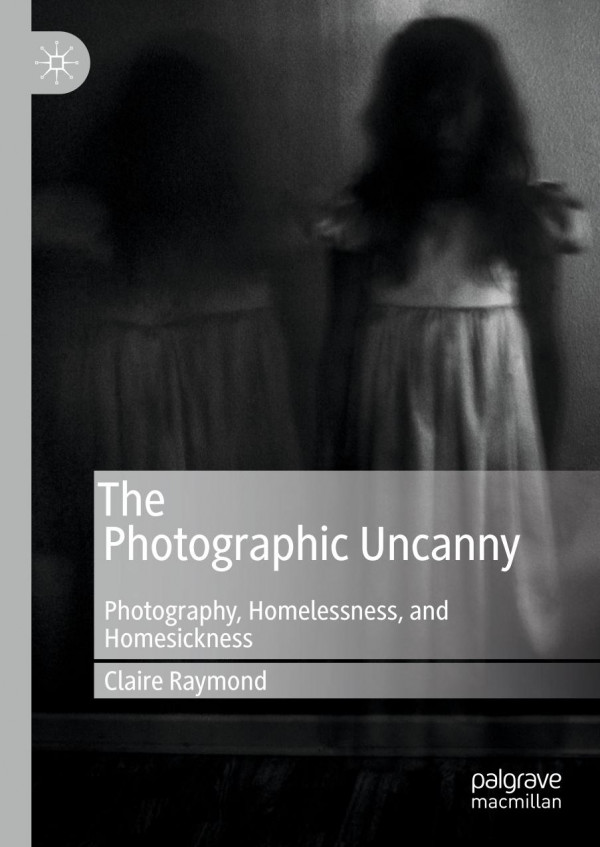

Most ebook files are in PDF format, so you can easily read them using various software such as Foxit Reader or directly on the Google Chrome browser.
Some ebook files are released by publishers in other formats such as .awz, .mobi, .epub, .fb2, etc. You may need to install specific software to read these formats on mobile/PC, such as Calibre.
Please read the tutorial at this link. https://ebooknice.com/page/post?id=faq
We offer FREE conversion to the popular formats you request; however, this may take some time. Therefore, right after payment, please email us, and we will try to provide the service as quickly as possible.
For some exceptional file formats or broken links (if any), please refrain from opening any disputes. Instead, email us first, and we will try to assist within a maximum of 6 hours.
EbookNice Team

Status:
Available0.0
0 reviewsThis book argues for a renewed understanding of the fundamentally uncanny quality of the medium of photography. It especially makes the case for the capacity of certain photographs—precisely through their uncanniness—to contest structures of political and social dominance. The uncanny as a quality that unsettles the perception of home emerges as a symptom of modern and contemporary society and also as an aesthetic apparatus by which some key photographs critique the hegemony of capitalist and industrialist domains. The book’s historical scope is large, beginning with William Henry Fox Talbot and closing with contemporary indigenous photographer Bear Allison and contemporary African American photographer Devin Allen. Through close readings, exegesis, of individual photographs and careful deployment of contemporary political and aesthetic theory, The Photographic Uncanny argues for a re-envisioning of the political capacity of photography to expose the haunted, homeless, condition of modernity.